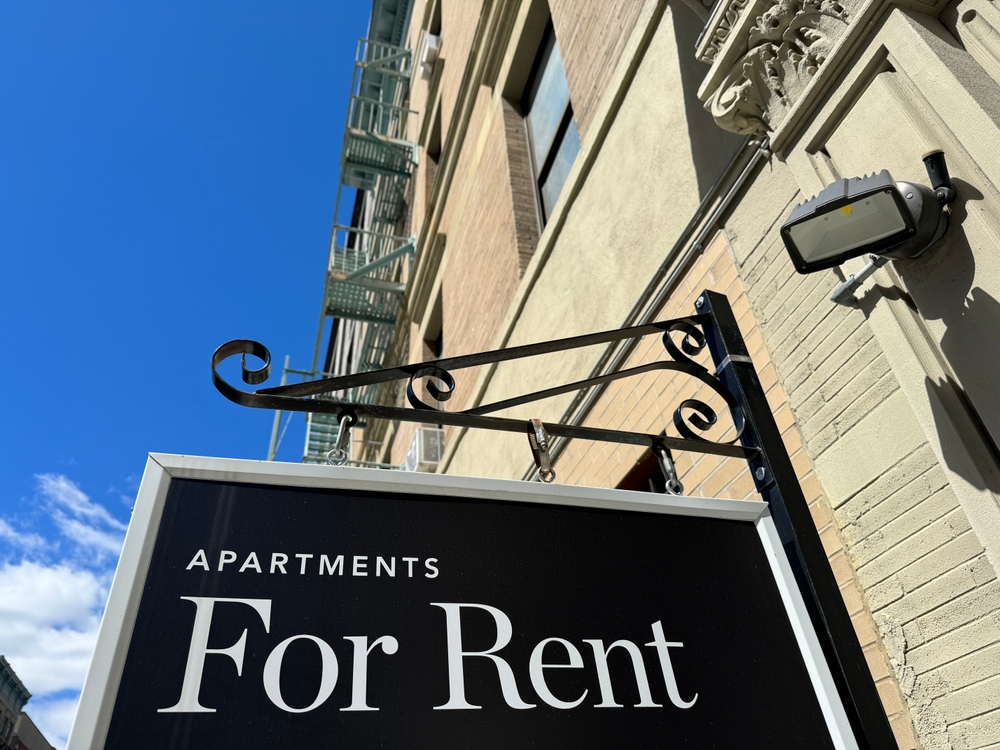You’ve made the big decision: you’re moving to California. Now comes the next question — should you rent or buy first?
And what a great question it is!
In 2025, with rising interest rates, soaring home prices, and ever-changing rental markets, this isn’t an easy call. But don’t worry — I’ve got the pros, cons, and real-life considerations to help you make the best move (literally!).
So, let’s have a look at the renting vs buying situation in California to see which is best for your specific situation.
Table of Contents
- Renting First: Pros & Cons
- Buying First: Pros & Cons
- 2025 Considerations
- Best Option for Newcomers?
- When Buying First Might Make Sense
- Tips for Either Route
- Final Thoughts
Renting First: Pros & Cons

Pros of Renting
- Flexibility – Renting gives you time to explore neighborhoods and figure out where you truly want to live.
- Lower Upfront Costs – First and last month’s rent + security deposit is much less than a down payment.
- Less Pressure – No rush to make a high-stakes real estate decision before knowing the local market.
- Easier Transition – Especially if you’re moving from out of state, renting is usually faster and more accessible.
Cons of Renting
- No Equity Building – You’re paying someone else’s mortgage.
- Limited Customization – Most rentals have restrictions on upgrades or personal changes.
- Possible Rent Increases – Depending on the city, rent hikes may be unpredictable.
- Moving Twice – Renting may mean you’ll need to relocate again when you’re ready to buy.
Buying First: Pros & Cons

Pros of Buying
- Long-Term Investment – Property values in California have historically appreciated, even with short-term dips.
- Stability – No rent increases or unexpected move-outs.
- Freedom – Renovate, paint, and personalize to your liking.
- Tax Benefits – Mortgage interest and property taxes can be deductible.
Cons of Buying
- High Upfront Costs – Down payment, closing costs, inspections, moving, and more.
- Commitment – Buying in the wrong neighborhood can lead to regret if you haven’t done enough research.
- Maintenance – You’re on the hook for all repairs, big or small.
- Market Volatility – Buying in a peak market could mean short-term value drops.
2025 Considerations

Interest Rates
Mortgage rates in 2025 are hovering around 6%–7%, which is high compared to the pandemic era but leveling out compared to 2023–2024 spikes.
If buying: Be aware that monthly payments will be significantly higher vs. 3% interest rate days.
Home Prices
Prices have plateaued in many areas, and in some cities, they’re softening. But competition remains high in desirable zip codes.
Rental Market
Some cities like Los Angeles and San Francisco still have rent control, while others do not. Rents vary drastically by region:
- SF Bay Area: $3,200/month avg.
- Los Angeles: $2,700/month avg.
- Sacramento: $2,100/month avg.
- Inland CA: $1,500–$1,800/month avg.
Best Option for Newcomers?

If you’re new to California or unfamiliar with local cities:
Rent first. It allows you to test drive a neighborhood before committing long-term.
Use this time to learn about commute patterns, local culture, schools, and microclimates (yes, that’s a thing here).
Remember that buying a home without knowing the area is like getting married after the first date, so you want to invest some time getting to know the lay of the land before investing in a purchased property.
When Buying First Might Make Sense

- You’re relocating for a job and already know the area
- You’re moving back to a city you previously lived in
- You’re purchasing with long-term intentions (5+ years)
- You’re financially ready and find a great deal
Tips for Either Route
- Explore neighborhoods by foot or car
- Check local Nextdoor groups for vibes and issues
- Talk to a local real estate agent who knows relocation buyers
- Always visit the area in person before committing long-term
Final Thoughts

For most people moving to California in 2025, renting first is the safer play — especially if you’re unfamiliar with the region. It gives you time to adjust, explore, and plan without the pressure of making a major financial commitment right away. Renting can act as a buffer that allows you to settle into your new lifestyle, discover local favorites, and understand how different communities feel day-to-day.
However, there’s no one-size-fits-all answer. If you’re financially ready, confident in where you want to live, and prepared to stay put for the long term, buying could be a smart move — especially in markets where home values are steady or trending upward. Locking in a fixed mortgage rate and building equity from day one has real long-term financial benefits, even in a higher-rate environment.
Keep in mind that your decision doesn’t have to be permanent. Renting first doesn’t mean you can’t buy in six months or a year. Likewise, buying first doesn’t mean you’re stuck forever — it just means you’re investing with intention and planning for the future. The key is to understand your goals, finances, and timeline — and to make the decision that aligns best with all three.
Whether you choose to rent or buy, approach your move with a clear strategy, realistic expectations, and a sense of adventure. California has a lot to offer, but it’s also a diverse and dynamic place. Take the time to get to know it. Your future self will thank you!
Explore more: The Ultimate Guide to Moving to California in 2025

